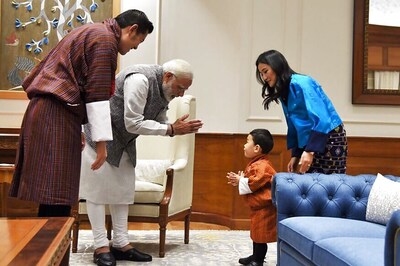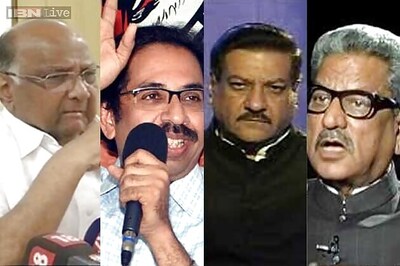
views
New Delhi: India's permanent representative to the United Nations Rajiv K Chander on Tuesday sought to clear the air on India's measures to deport Rohingya Muslims to Myanmar, saying that "enforcement of the law" shouldn't be mistaken for the lack of compassion.
Chander's rejoinder came a day after the top United Nations human rights official flayed India's response to the ongoing Rohingya crisis in Myanmar, where they face a brutal assault at the hands of the army.
Zeid Ra’ad al-Hussein, addressing the United Nations Human Rights Council, on Monday, deplored that India's steps to send the people belonging to the "world's most persecuted minority" to the country of their origins "at a time of such violence".
Chander, however, expressed India's concern vis-a-vis the 40,000-odd Rohingya Muslims currently scattered across the country, saying that "illegal migrants in particular", could pose a "security challenges".
“India does not condone any actions in violation of law and imputations to the contrary are not justified. We have also noted that the issue of the human rights situation in the Indian state of Jammu and Kashmir has been raised. It is a matter of regret that the central role of terrorism is once again being overlooked. Assessments of human rights should not be a matter of political convenience,” he added.
Noting India’s obligations under international law, al-Hussein had said: “India cannot carry out collective expulsions, or return people to a place where they risk torture or other serious violations.”
Communal tensions appeared to be rising across Myanmar on Monday after two weeks of violence in Rakhine state that have triggered an exodus of about 300,000 Rohingya Muslims, prompting the government to tighten security at Buddhist pagodas.
Rohingya have been stripped of civil and political rights including citizenship rights for decades, he added. “I call on the government to end its current cruel military operation, with accountability for all violations that have occurred, and to reverse the pattern of severe and widespread discrimination against the Rohingya population,” Zeid said. “The situation seems a textbook example of ethnic cleansing.”



















Comments
0 comment